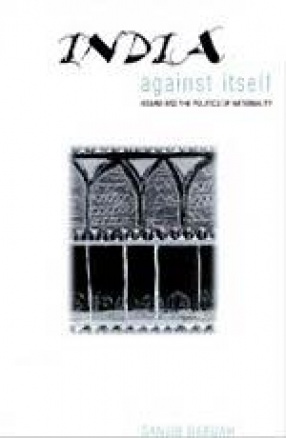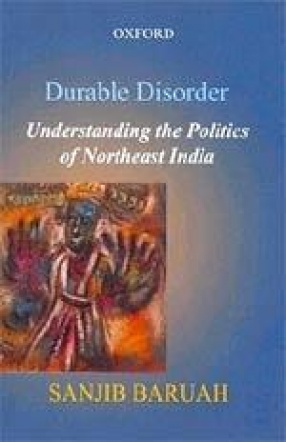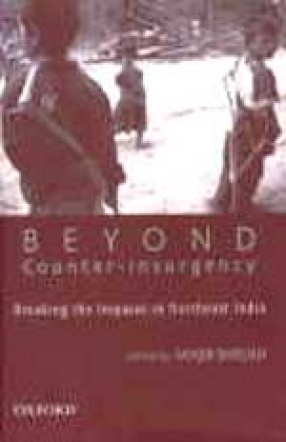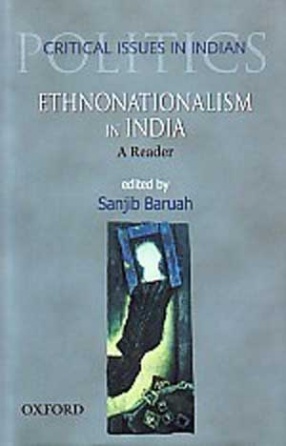India Against Itself
Synopsis
Are decentralized forms of government better able to manage conflicts in multiethnic polities? In an era of failing states and ethnic unrest the question acquires new urgency. According to Sanjib Baruah, loosely organized federations are not only less prone to violent conflicts, they also make better democracies. He illustrates the argument with an analysis of conflicts in Assam. Baruah offers an original and lucid interpretation of the political and economic history of Assam since it became a part of British India and one of the world's leading tea-producing regions in the nineteenth century. He traces the history of tensions between pan-Indianism and Assamese subnationalist concerns since the early days of India's resistance to British colonial rule. Baruah argues that today's human rights abuses by security forces and by insurgents, ethnic violence, and the steady slide towards illiberal democracy are largely due to India's formally federal but actually centralized governmental structure. This challenging and lucid book combines scholarly research, political engagement and an intimate insider's knowledge of northeast India. It will be of interest to historians and political analysts.
Read more
21.85
19.665
$
23.00 $
Free delivery Wolrdwidе in 10-18 days
Ships in 2-4 days from New Delhi
Membership for 1 Year $35.00
Get it now and save 10%
Get it now and save 10%
BECOME A MEMBER
Books by the same author










Bibliographic information